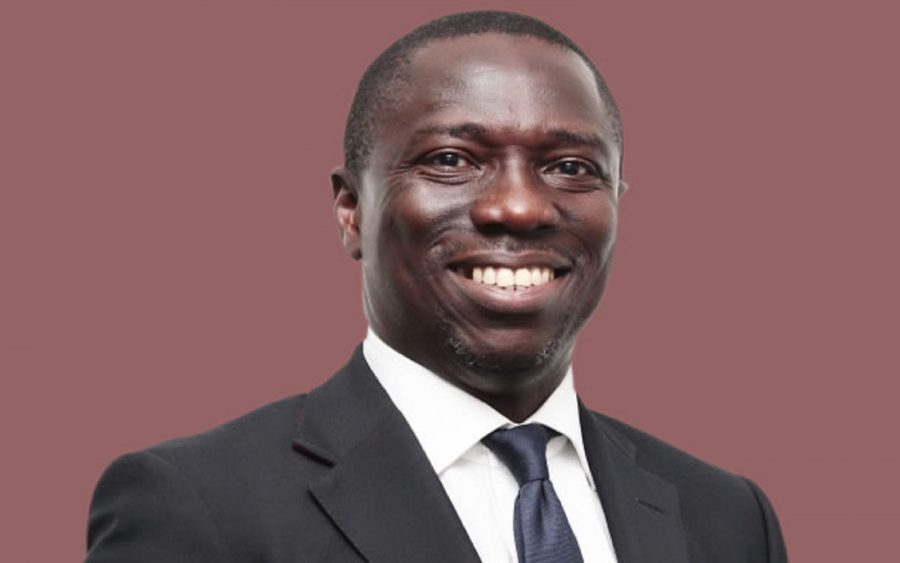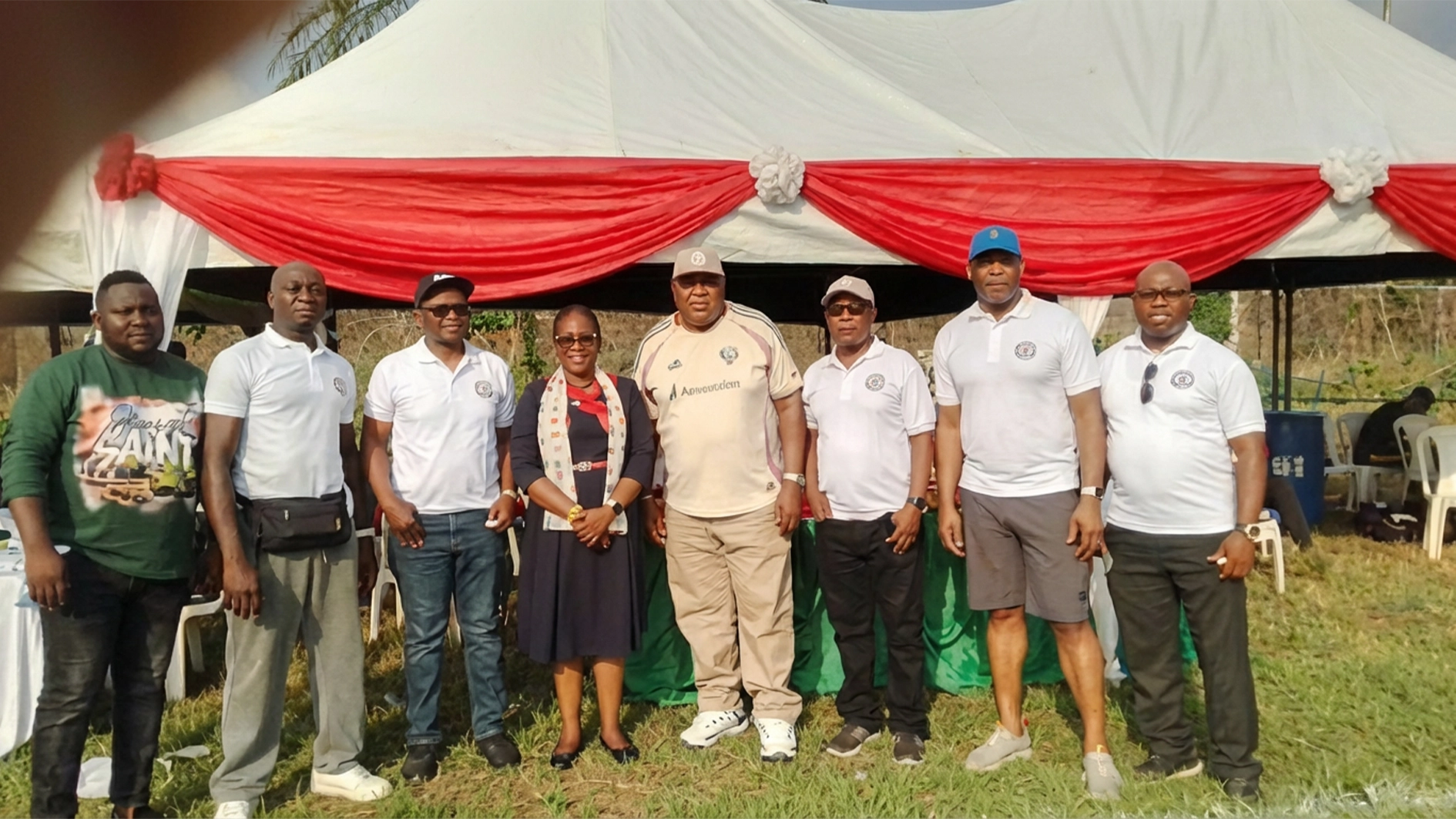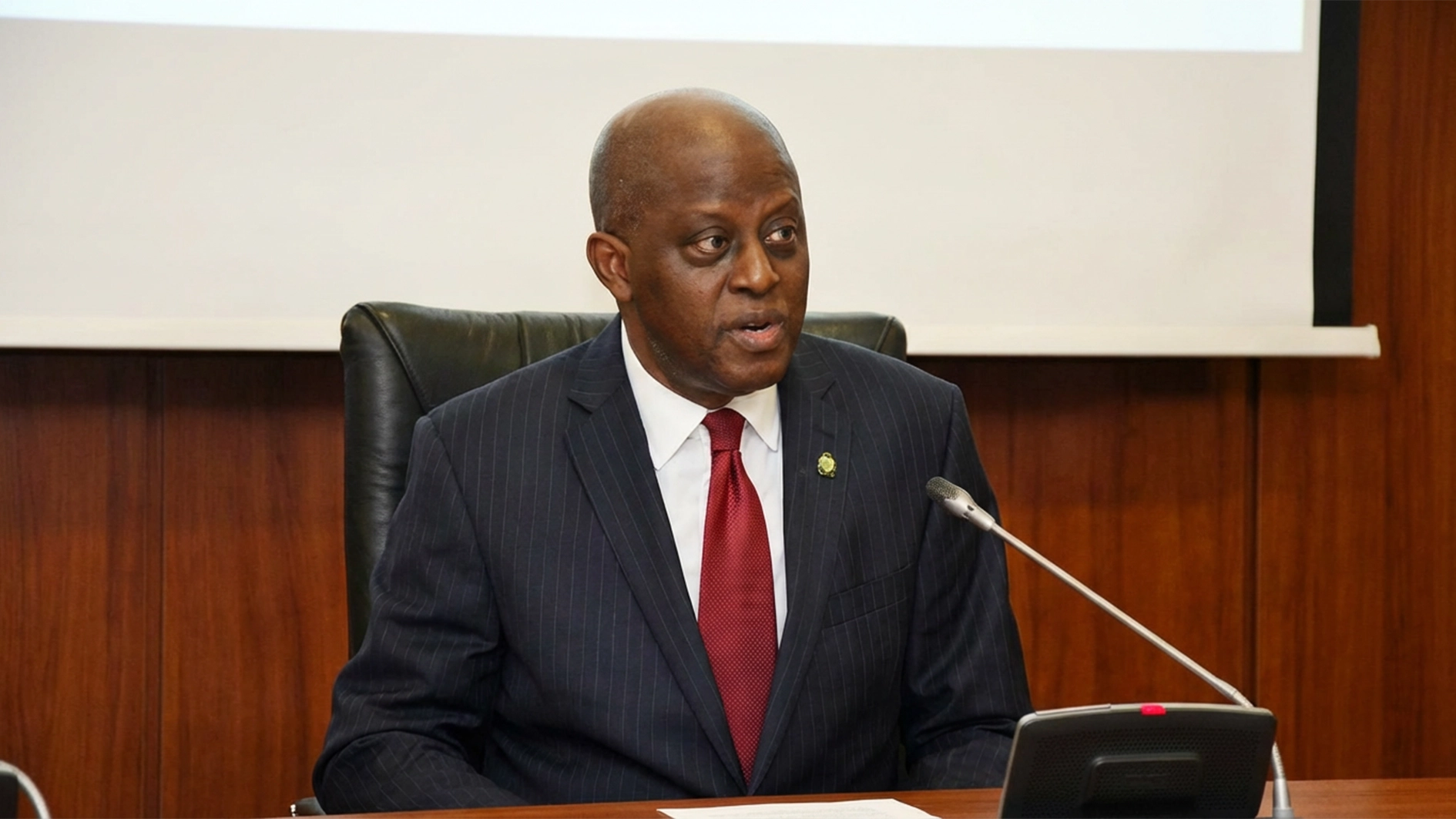
As the Federal Government begins work on the new National Development Planning (NDP), the Nigerian Economic Summit Group (NESG), has recommended a clear role for sub-nationals.
The Group argued that clear roles are imperative for the sub-nationals in the Plan’s process, implementation, monitoring and evaluation.
Chairman, Board of Directors, NESG, Asue Ighodalo, said this during the Board’s meeting, where he reviewed the economic and financial environment for half year (H1) 2020, and outlook for the remaining part of the year.
The NESG, commended the Federal Government on the commencement of work on the new NDP, as the Economic Recovery Growth Plan (ERGP), and Vision 20:2020 end this year.
It described the development of the Medium-Term National Development Plan and National Development Agenda as a welcome development and also expressed commitment to providing necessary technical support, and needed private sector participation for the process.
The Board also stressed the need to make the exchange rate management regime market-reflective, and transparently determined.
It maintained that while the elimination of multiple exchange rates would improve investor sentiments, and enhance foreign inflows of capitals, it would also curb the problems of currency round-tripping, distorted price recovery, and distortion in production cost.
The Group harped on the need for the Federal Government to intensify efforts at providing an enabling environment, and attracting investments needed to stimulate output growth and revenue, while maintaining commitment to the removal of fuel subsidy by allowing the fuel price to rise following the increase in the price of crude oil.
With this, it encouraged similar reforms in the electricity supply industry, as this would incentivise the required private investment, improve efficiency, raise output significantly, and stabilise the market.
While acknowledging the government’s drive to improve revenue performance at all levels of the public sector, the Board advised that “this drive should be done in such manner that the adverse effects of the COVID-19 pandemic on businesses, including households, are not worsened,” urging more attention on the efficiency and effectiveness of government spending.
On the economy, the Board noted that economic growth slowed to 1.9 per cent year-on-year in H1’20, representing its weakest level since Q2’18, as 29 per cent of the economy contracted compared to 13 per cent in the same period last year.
“A review of performance by the various economic sectors showed that the top contributors to economic growth in H1’20 are: telecoms (52.5%); financial institutions (34.9%); crude petroleum and gas (24.9%); and crop production (24.4%),” Ighodalo said.
To alleviate the burden imposed by COVID-19 pandemic on Nigerians, the Board urged that all tiers of government must ensure that the various palliative measures announced are effectively implemented to speedily and efficiently reach the people for whom they are intended.






